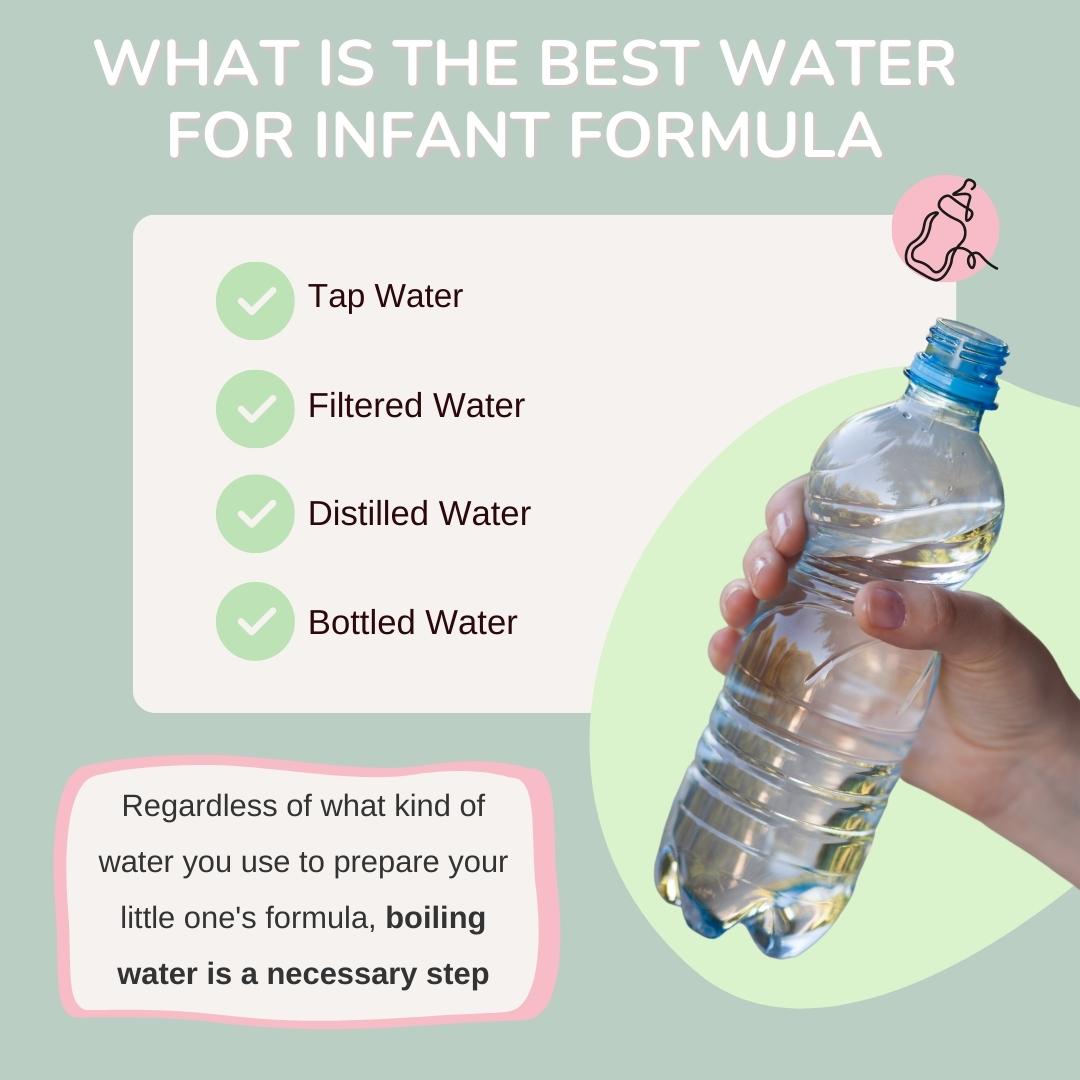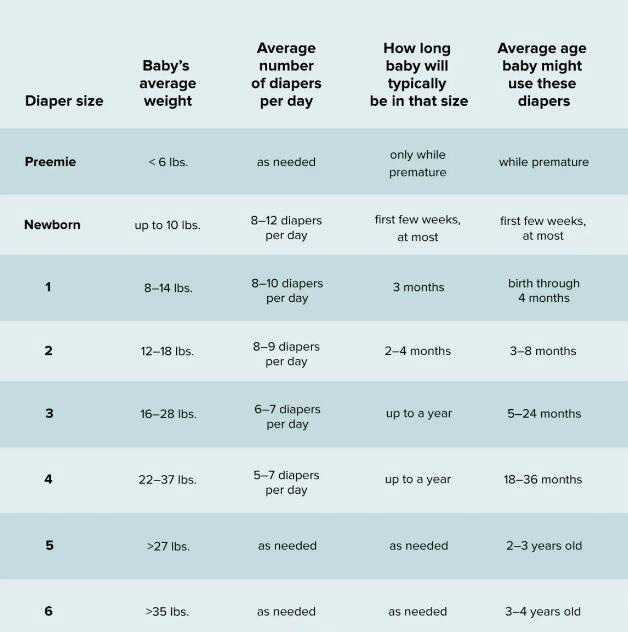Baby Water Vs. Bottled Water: Identifying the Differences
Introduction
With the health of their baby in mind, most parents endeavor to make the best choices in every aspect, including the water they provide to their infant. In this context, the debate between baby water and bottled water often arises. This article seeks to clear up any confusion by providing an in-depth comparison between baby water and bottled water. We'll be investigating their fluoride contents, purification processes, and several other factors that differentiates them. Our objective is to support you in making an informed choice for your baby's health.
What Exactly Is Baby Water?
Customized specifically for infants, baby water, also known as nursery water, is more than just a marketing concept. Its uniqueness lies in the detailed attention it receives to cater to a baby's health requirements.
Here are some key features that define baby water:
- Fluoride content: Baby water typically has no fluoride or very little of it. The primary reason behind this is that excessive ingestion of fluoride in an infant's early years can lead to a dental condition known as dental fluorosis. This condition introduces white lines, streaks, or spots on a child's teeth.
- Purification: Baby water usually undergoes an extremely thorough purification process to ensure the absence of harmful chemicals or any potential bacteria that could pose a threat to an infant's health.
- Location in stores: Most often, you can find baby water in the baby products section of a store, separate from the regular bottled water aisle.
This careful crafting of baby water offers many benefits for the health of your infant. However, it is important to note that despite these benefits, the decision on whether to give baby water to your infant should be made after consulting a pediatrician, because what could be beneficial for one infant might not necessarily prove beneficial for another.
What Should You Know About Bottled Water?
Bottled water has become a common staple for many, readily consumed by individuals of all age groups. It undergoes multiple purification processes and can vary substantially in fluoride content. However, its composition is not specifically customized for infants. Here's what you need to understand about bottled water:
- Purification methods: Bottled water is subjected to several purification techniques, each adding their unique value. These can include reverse osmosis, distillation, or deionization, aiming to ensure water purity.
- Fluoride content variation: Fluoride concentration in bottled water significantly differs across brands and types. Some brands present themselves as good sources of fluoride, while others offer low-fluoride or fluoride-free alternatives.
- General use: Unlike baby water, bottled water does not consider the specific dietary requirements of infants. While it is safe for consumption by people of all age groups, it may not be the ideal choice for infants due to its fluctuating fluoride levels.
- Availability: Bottled water is widely available across various stores and markets, unlike baby water, which is primarily found within the baby products aisle.
By understanding these core aspects, you can make more informed decisions when choosing bottled water for your family.
How Does Baby Water Compare with Bottled Water in Terms of Fluoride Content?
When discussing the difference between baby water and bottled water, fluoride content becomes a major point of discussion due to its impact on dental health. Here is a detailed comparison:
-High Fluoride in Bottled Water
A majority of bottled water companies source their water from fluoridated public water supplies intended for the general population. As a result, the fluoride content can be considerably higher compared to baby water. Excessive fluoride, especially during the initial years, can have an adverse effect, potentially causing dental fluorosis.
-Low to No Fluoride in Baby Water
Baby water is specifically formulated with the health of an infant in mind. It typically contains low levels of fluoride, or in certain instances, is completely fluoride-free in order to avoid dental fluorosis.
Here are some important statistics and considerations:
Statistical Differences:
-According to the American Dental Association, tap water contains about 0.7 parts per million (ppm) of fluoride, and bottled water's fluoride content can range from 0.11 to 0.80 ppm, depending on the brand.
-In contrast, most baby water brands contain less than 0.3 ppm of fluoride.
Considerations:
-Opting between high content and low to no content solely depends on a baby's dietary fluoride intake. Too much fluoride can cause fluorosis, but too little can potentially increase the risk of cavities.

-Fluoride is considered beneficial for tooth decay prevention in adults but not recommended for infants due to their sensitive developing teeth.
When comparing baby water with bottled water in terms of fluoride content, the key is to strike a balance that caters to the specific needs and health conditions that concern your baby. It is always prudent to seek advice from your pediatrician or a specialist focused on infant health before deciding.
Can You Spot Any Differences in the Purification Processes of Baby Water and Bottled Water?
The purification methods associated with baby water and bottled water substantiate the uniqueness of each type.
To make baby water, manufacturers usually use a trusted technique called steam distillation, which aids in eliminating harmful substances effectively. Given the sensitivity of a baby's immune system, this process aids in providing the cleanest water, relieving parents of worry about harmful bacteria or chemicals.
On the contrary, bottled water undergoes various purification techniques, as listed below:
- Reverse Osmosis: A high-pressure process where contaminants are forced away from the water by passing it through a semi-permeable membrane.
- Ozonation: Adds ozone gas to the water which erupts oxygen radicals that oxidize, disinfect, and break down harmful bacteria.
- Ultraviolet Light Treatments: Uses germicidal UV rays to kill bacteria and other microorganisms.
Thus, the key differences in the purification processes of baby water and bottled water can be summarized as follows:
- Baby Water: Relies primarily on steam distillation, an efficient method to ensure the water is free from harmful microorganisms.
- Bottled Water: Utilizes various techniques, including reverse osmosis, ozonation, and ultraviolet light treatments, with the kind of purification technique depending on the brand.
While both types undergo their unique purification processes, one important thing to note is that the purification process for baby water is more cautious and stringent, keeping in mind an infant's delicate immune system.
What Other Key Differences Stand Out Between Baby Water and Bottled Water?
There are a number of notable differences between baby water and bottled water, apart from their fluoride contents and purification processes. For simplicity, let's dissect these differences using a bullet-point format for easier comparison.
1. Target Demographic: Baby water is exclusively marketed for infants and young children. This suggests that its formula is tailor-made to cater to the dietary needs of this specific age group. In contrast, bottled water has a more general target market and is not specifically formulated for infants.
2. Added Nutrients: Unlike standard bottled water, certain brands of baby water also boast added minerals and vitamins essential for a baby's development. This is a notable plus point when selecting water for your baby.
3. Price Point: Generally due to its specialized processing, baby water tends to cost more than your average bottle of water. For budget-conscious parents, this might be a factor to consider when purchasing water for daily use.
4. Hygiene Level: Hygiene is exceptionally critical when it concerns infants. Baby water usually goes through a more rigorous sterilization process to ensure its absolute safety for consumption.
In essence, more distinct differences exist between baby water and bottled water than one might initially expect. Keeping these considerations in mind can help parents make an informed decision about which type of water to use for their baby's needs.
Conclusion
To conclude, while baby water is specifically designed considering an infant's needs and is a safer choice for babies, bottled water is a universal option suitable for all age groups. Thus, the choice between the two often boils down to the specific needs and health considerations of your baby. Always remember to consult with your pediatrician before making any changes to your baby's diet.
Related FAQs about what's the difference between baby water and bottled water
Is baby water better than bottled water for infants?
Baby water is specifically formulated for infants, considering factors such as fluoride content and stringent purification methods. So, it's usually more appropriate for infants. However, it's best to consult a pediatrician before deciding.
What should parents consider when choosing between baby water and bottled water?
Parents should examine factors like fluoride content, purification methods, and the baby's overall health. Price and availability might also be elements to consider. When in doubt, always consult with your pediatrician.
Can adults drink baby water safely and vice versa?
Yes, adults can safely consume baby water, although it might not provide them with the necessary fluoride levels. Babies, on the other hand, should not drink adult bottled water without a pediatrician's approval due to possible high fluoride content.


